If some mental toughness is good, more must be better!
Not true.
In discussing mental toughness, it is key to understand that it has a shadow. And that shadow is that your mind can override things. It can override the signals that your body is sending you. It can override what seen from the outside would be common sense.
Sometimes overriding is great because you’re being lazy and just need to push through. Other times not so much. A few examples are in order…
You’re working out. You push and you feel some pain. You push more and get more pain. But you’re stubborn. You’re being mentally tough. So you push some more…and something snaps!
Great…You’re mentally tough, but you’ve now injured yourself.
A good friend of mine was at a gymnastics class one day. Jumping around, his knee didn’t quite feel right. But he toughed it out and went harder on the next jump. He tore his ACL and MCL.
Surgeries, rehab and many years later it’s still not what it was. Mental toughness wasn’t so great in this situation now was it?
Mental toughness also can hurt you when you’re doing something that doesn’t work.
A silly example, but one that proves the point. If you believe that the key to fitness is to literally bang your head against the wall, is more mental toughness going to help you get better results from this bad idea?
It doesn’t matter how mentally tough you are, that behavior isn’t going to get the result you think it will. (Sure, some neck strength, but no other benefits besides.)
If you believe the key to dietary health is to go no-fat, is mental toughness going to help better results from this bad idea?
We can see people follow diets for years despite the signals from their bodies telling them it is not working. This might be mental toughness. It can also be a result of beliefs standing in the way. Often times the two reinforce each other, a vicious spiral that many get stuck in.
Doctors and personal trainers have often scoffed at their patients or clients who were overweight despite exercising for hours a day and following a low-calorie diet. While that works for some, it didn’t work for all, especially where hormones were out of whack or environmental toxicity was at play.
Mental toughness does not help here. In fact, it can dig you further down the hole as you commit to something that isn’t working even harder.
More mental toughness is not needed. A better strategy is instead.
This is the dark side of mental toughness that you MUST be aware of.
Of course, this doesn’t mean that you want to be mentally weak either. It’s about properly balancing between the two. It’s about knowing when to be tough and when to back off.
Nor is this golden path easy to find. When you’re working out are you finding an excuse to be lazy or are you actually paying attention to something besides laziness that tells you backing off is the smart thing to do?
Paying attention to the signals your body gives is the best way I’ve found to notice that. This is covered in Beyond Biofeedback and Intuitive Mobility, both on sale right now.
As for the longer-term stuff, learning about cognitive biases is a start, as we’re all amazingly great at B.S.ing ourselves.
Reflecting on whether your practices are getting you where you want to go is another worthwhile thing to do.
In summation, there is no easy answer.
But that doesn’t mean getting better at being tough and knowing when not to be isn’t worth shooting for.
The best way to becoming mentally tough is to challenge yourself in a variety of ways. The best way to avoid the dark side of mental toughness is to check yourself from going overboard with it.

